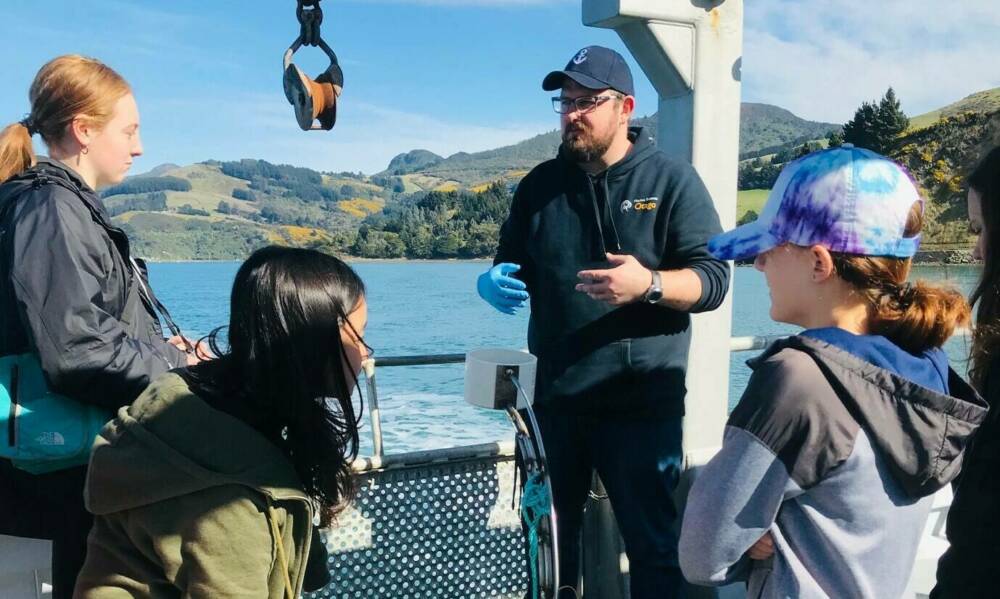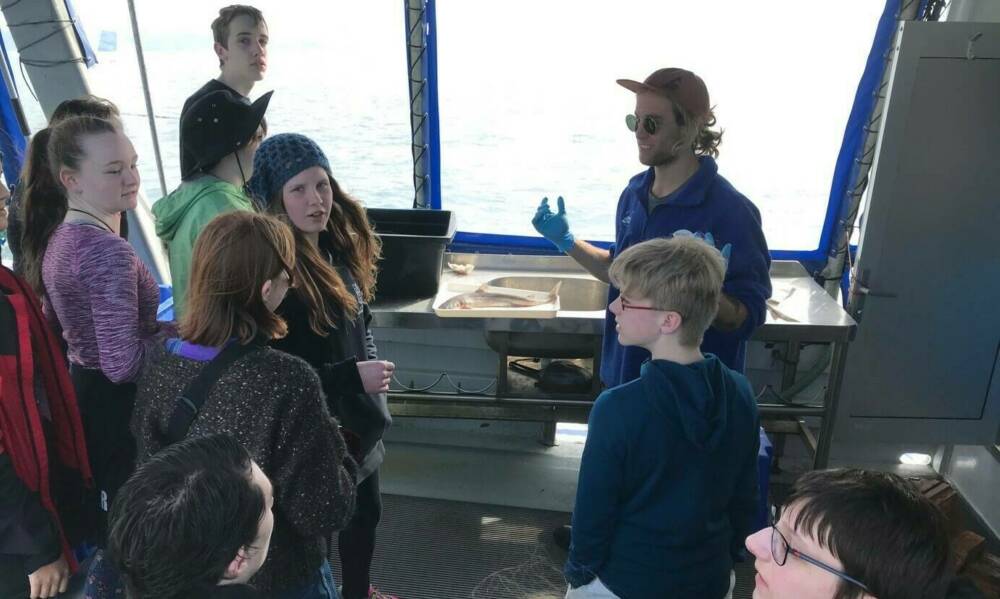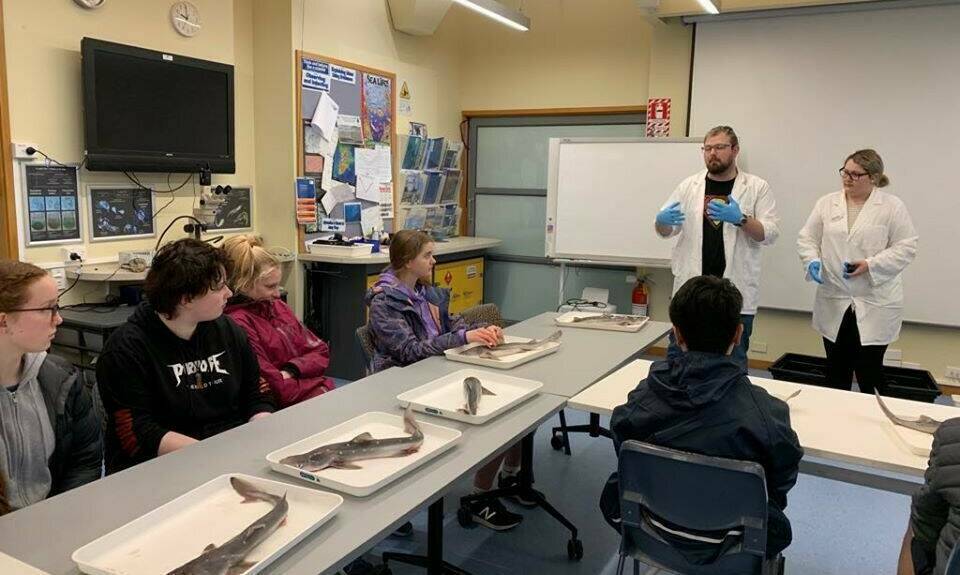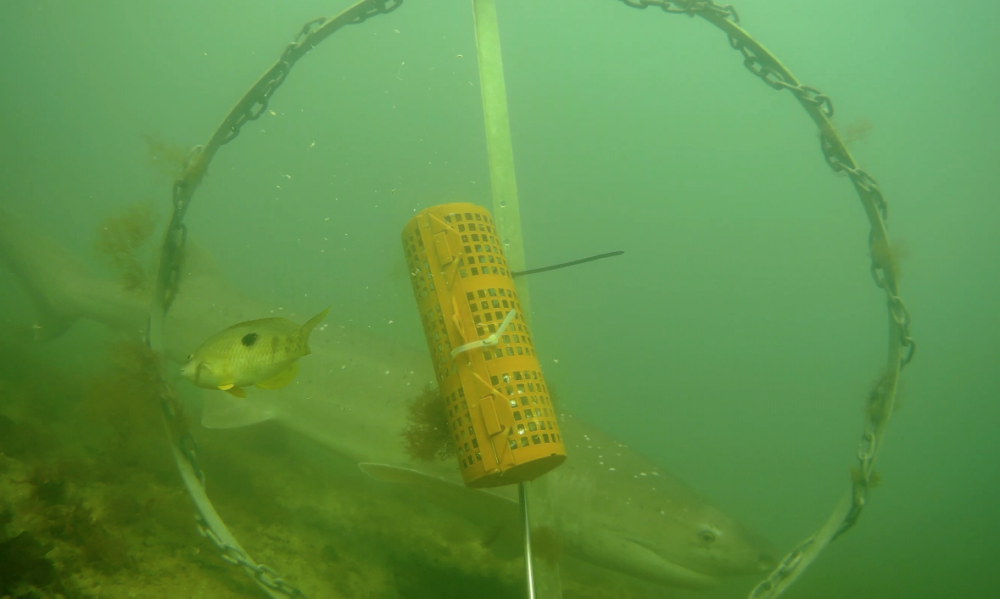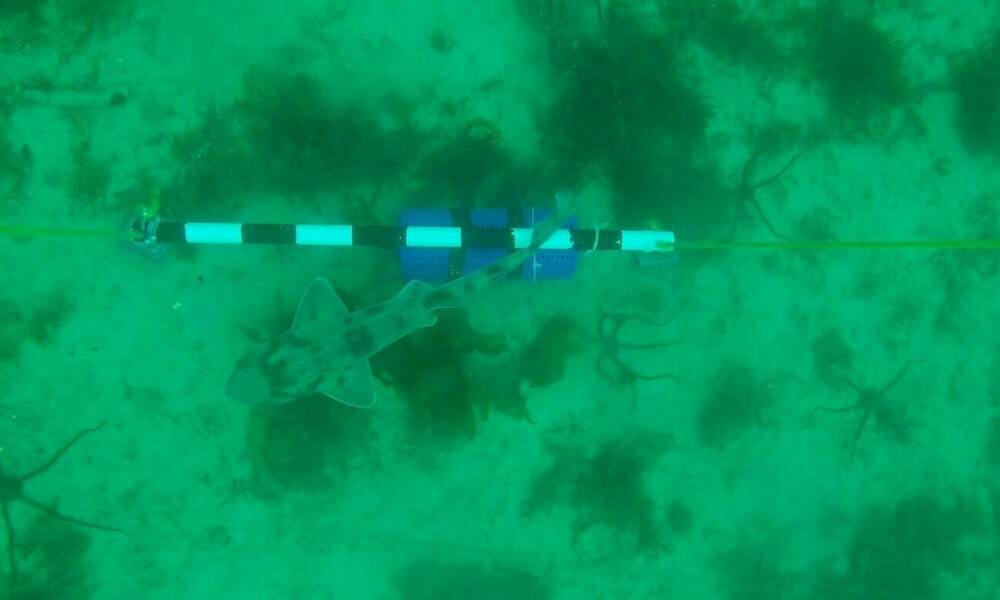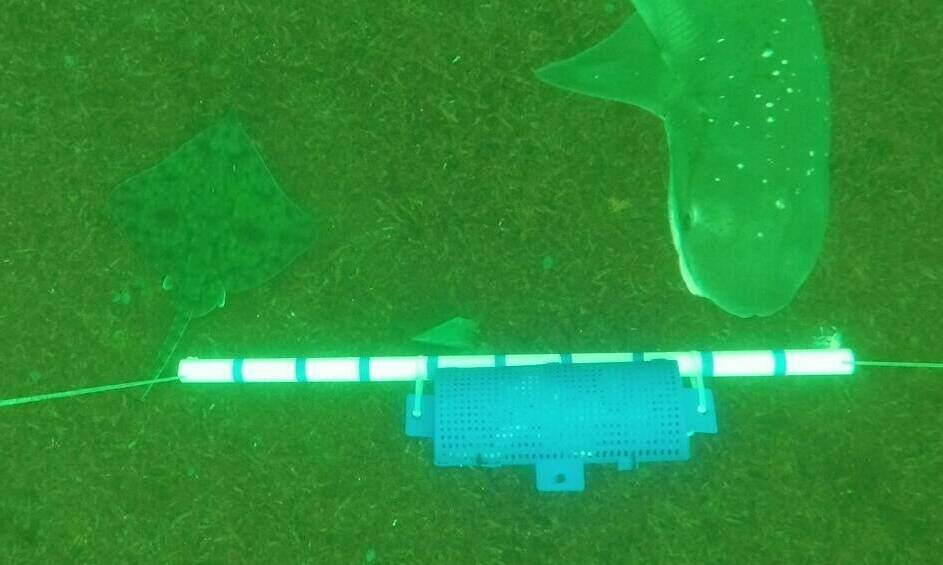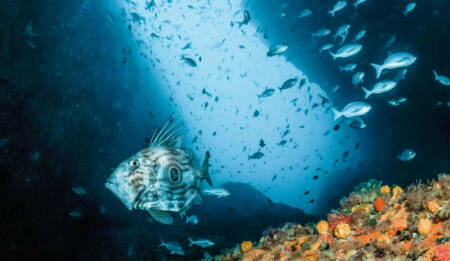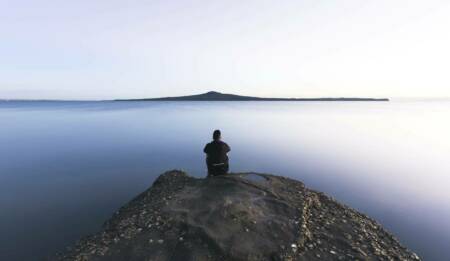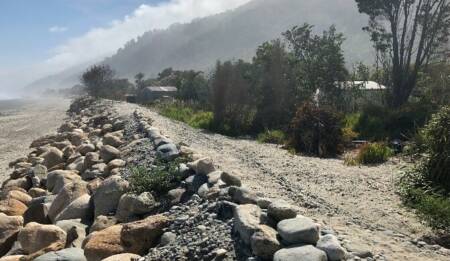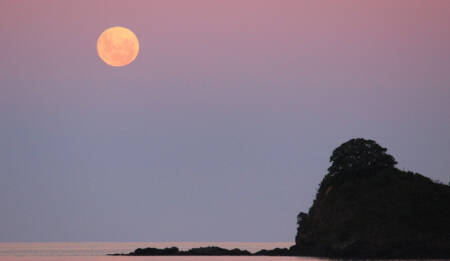Shark Spy is a citizen science project. It aims to collect baseline data on sharks local to Aotearoa New Zealand coasts, particularly Otago and Taranaki. It also wants to connect schools and the local community to their coastal environment through collaboration in the project.

Background
New Zealand is missing key information on shark species including diversity, seasonality, coastal movements, residency, and population structure, e.g. age, sex and size.
Shark Spy is a citizen science project that aims to provide this data in collaboration with schools and their communities.
The project is funded by the Curious Minds Participatory Science Platform and co-ordinated by the University of Otago’s New Zealand Marine Studies Centre.
Project details
The seas around Aotearoa New Zealand are highly productive owing to a unique combination of ocean currents and deep-water canyons that create upwellings of nutrient rich waters. This results in an abundance of marine biodiversity, including sharks such as the blue and porbeagle. These sharks are usually more pelagic – further out in the ocean – but here they’re relatively close to the coast.
Some species of sharks and related skates lay eggs with the empty egg cases often washing up on the beach after hatching. They provide valuable information about the seasonality and occurrence of local shark species. The project uses both incidental sightings and sampling using baited underwater video (BUV).
This is a way for people to connect with what is in their own back yards and learn more about these amazing animals which have always captured people’s attention.
What they hope to achieve
Shark Spy has the dual aim of (1) collecting baseline data on sharks local to New Zealand coasts and (2) connecting schools and the local community to their coastal environment via contribution and collaboration in the project.
Answering questions from the community and feeding back on project findings are a big part of this project. Submissions of sightings allow for two-way communication between the community and scientists / experts. Groups or schools can be involved collaboratively during planning, field expeditions, and analysis and discussion of the data. The goal is to increase community knowledge about sharks using science, and for them to also learn critical science skills for use in everyday life.
Citizen science opportunities
The project collects information on all sharks, rays, skates and chimeras no matter the species or size.
They are seeking photos with a date and a location of any shark species or their egg cases. They will also take anecdotal reports to help narrow down shark hotspots. Historic sightings are also welcome.
If you have encountered a shark and taken a photograph you can...
- Go to iNaturalist. Search for Shark Spy. Upload your encounter.
- Upload your encounter to the Facebook page.
- Email your encounter to sharkspy.otago@gmail.com
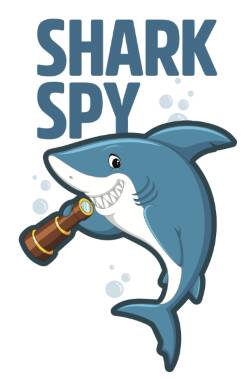
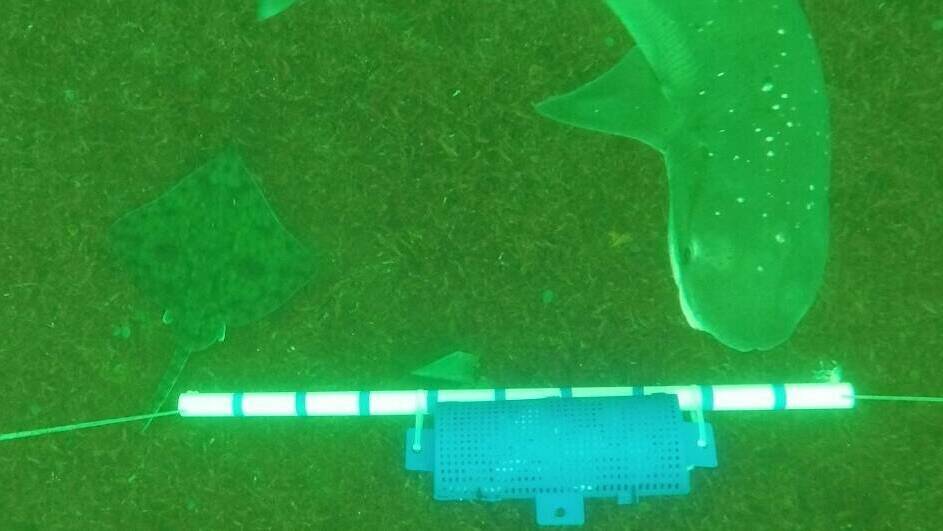
Resource

